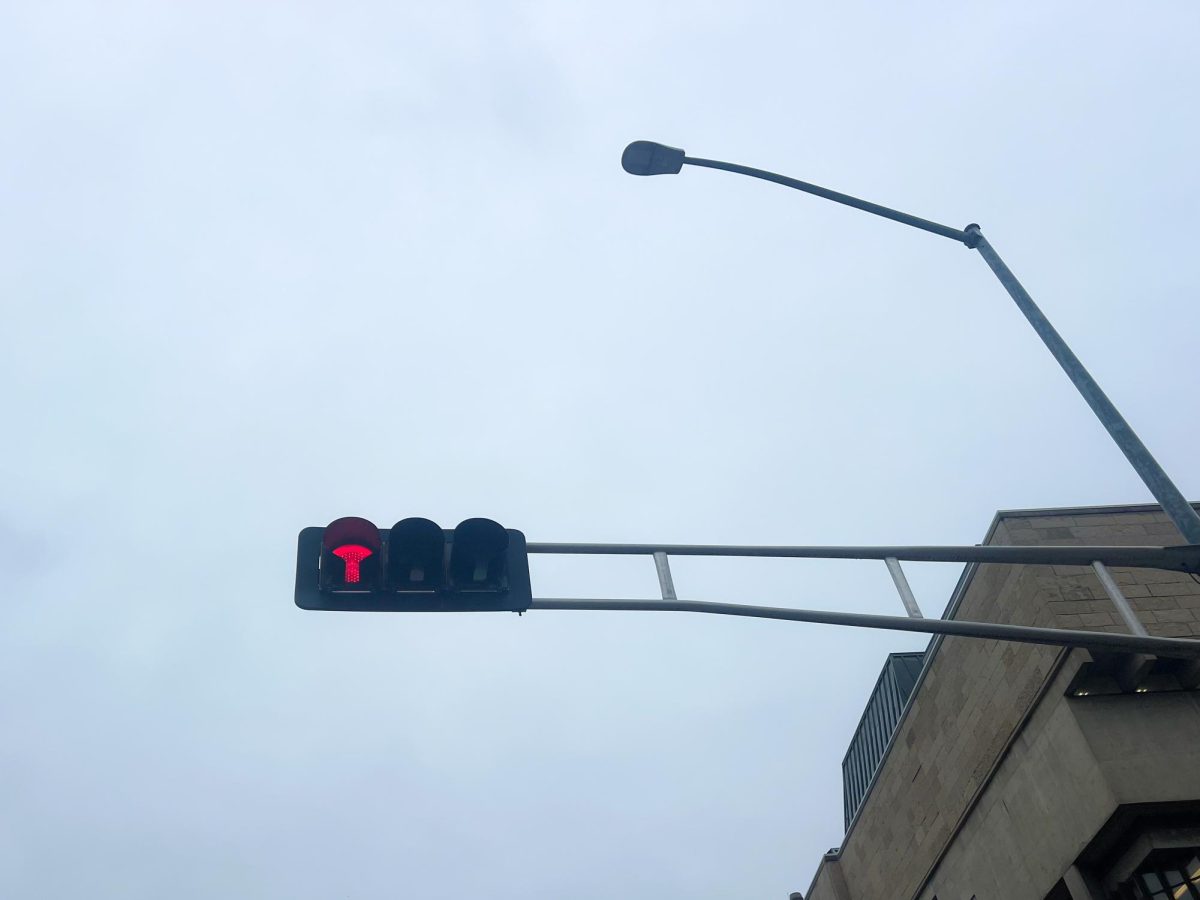The Madison City Council passed both the 2014 capital and operating budgets Tuesday night in a single deliberation session, allocating more than $400 million to serve the city’s needs.
Although students do not directly pay property taxes, they contribute more to the city budget than they may realize, Ald. Scott Resnick, District 8, said.
What is the difference between the capital budget and an operating budget?
The city passes two budgets each year to address different purchasing areas, Ald. Mike Verveer, District 4, said. Verveer explained the capital budget deals with capital assets: those that last more than 10 years, such as buildings. The operating budget focuses on maintenance, payroll and other assets lasting less than 10 years, such as police vehicles.
The city passes both budgets every year, and they combine to create the total city budget.
How does City Council decide on the budget?
First, state law limits how much money the city can spend, giving city officials a limit they cannot exceed.
To decide how to spend the money, the council has an extensive process that begins in June, Resnick said, adding both the capital and operating budgets go through multiple phases within city committees, the mayor’s office and the finance director.
The budgets are then introduced to City Council, which holds a public hearing allowing any resident or taxpayer to comment on or express concern about the budget before being reviewed by the Board of Estimates, the city’s financial committee.
Ultimately, the City Council votes on the final budgets.
What is the breakdown of the budget?
The budget is separated into nine sections: public safety and health, department of public works and transportation, debt service, administration, department of planning and development, library, miscellaneous, general government and public facilities.
The public safety and health sector receives the most money, as it includes police and fire departments as well as the public health department.
The second largest budget category is transportation and public works, which includes the Madison Metro system.
How do students contribute to the city budget?
Resnick said most students contribute to property taxes through their payments to landlords. He said student high rise apartments alone generate significant revenue for the city, and the general presence of students is important to budgeting.
“The economic generation through the UW campus is very high,” Resnick said.
What provisions in the budget affect students?
Resnick said a host of budget items directly serve students’ needs. He pointed specifically to the area of public safety. Police patrolling in the downtown area, the fire department and other emergency services, building inspections and safety are all funded through the city budget and directly serve student needs, he said.
Verveer said an amendment approved to allocate specific funds for overtime pay for police will be beneficial for students, noting the amendment ensures the police can provide enough officers for unexpectedly busy nights in the downtown area.
“This amendment will allow the police department… to have full faith in knowing the elected policy makers support spending whatever money they think is appropriate for the Downtown Safety Initiative,” Verveer said.
The budget will go into effect on Jan. 1, 2014, the beginning of the city’s fiscal year.












